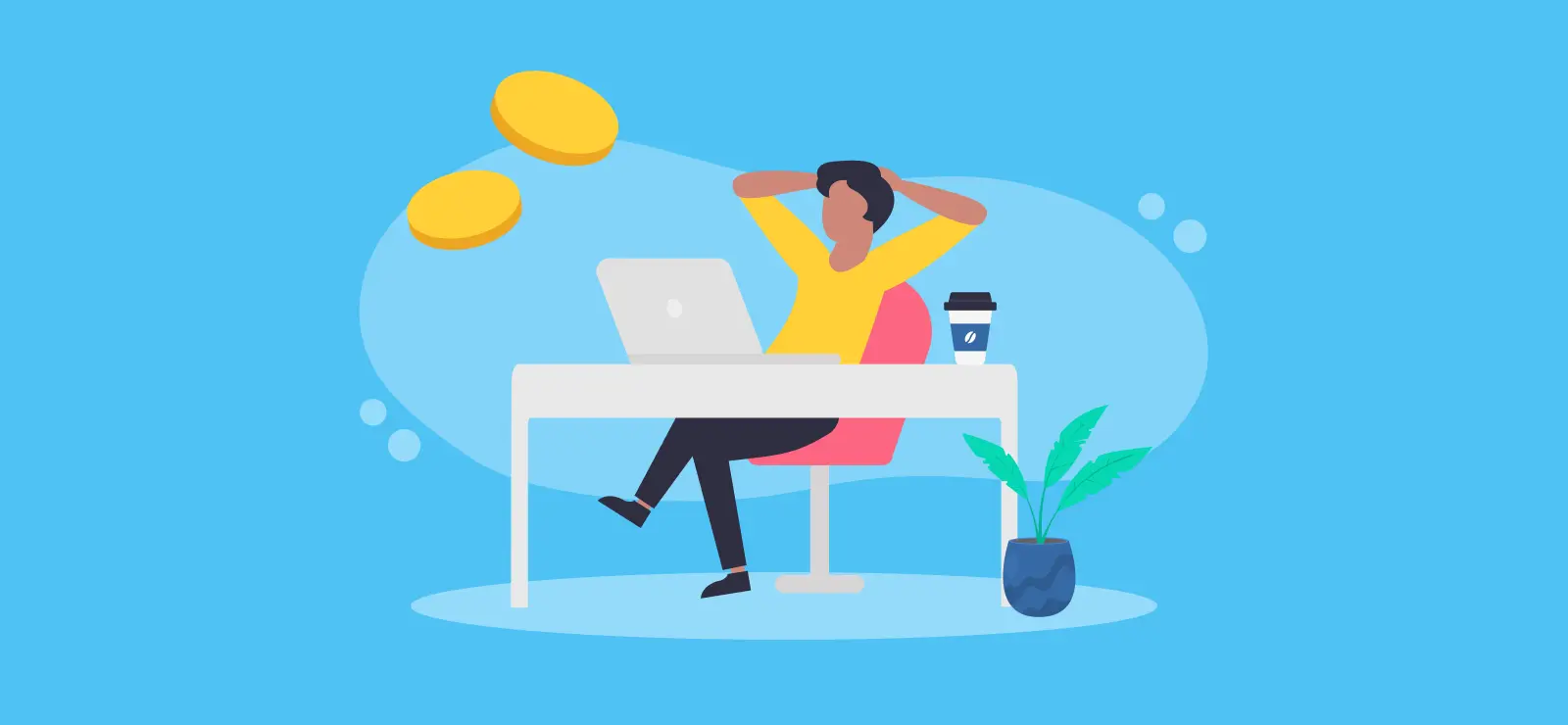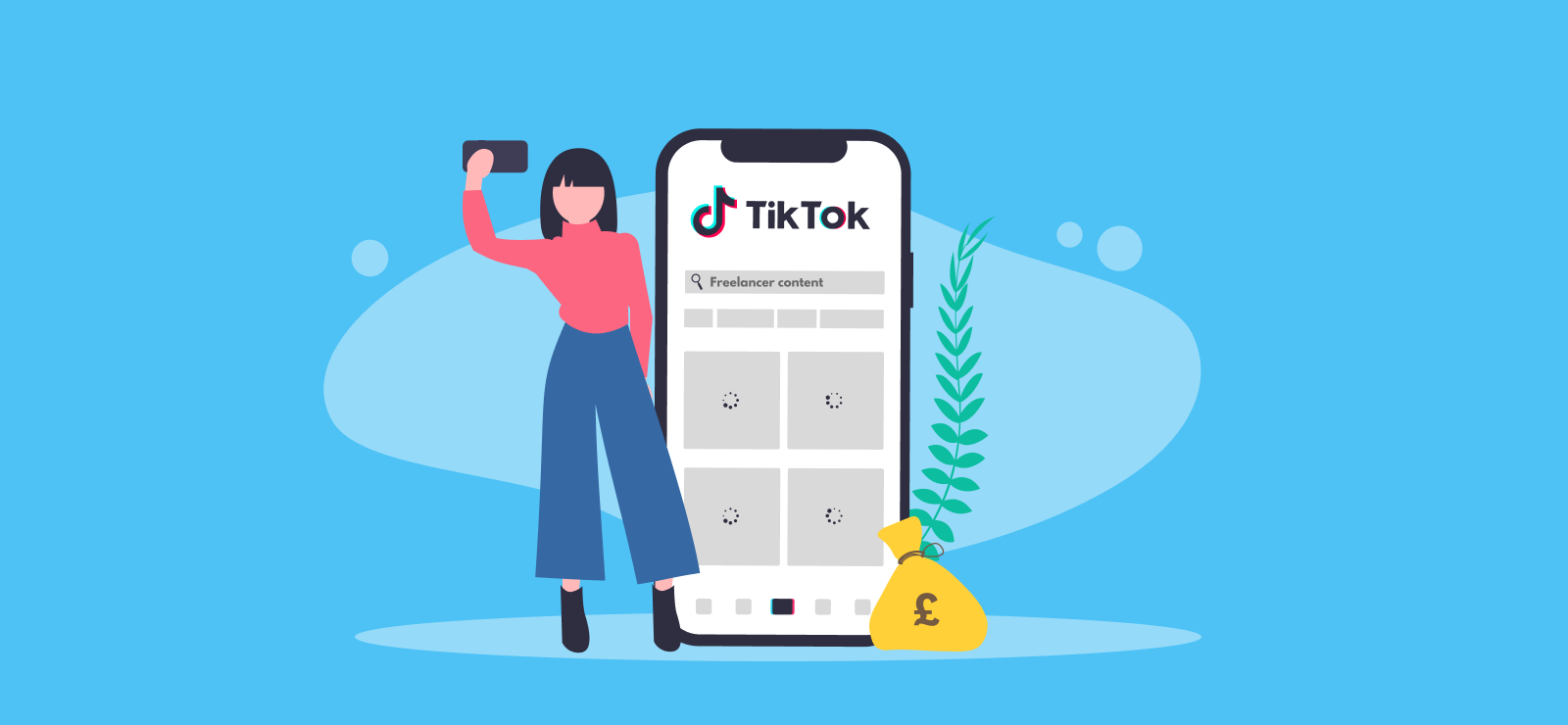

Can I Take Money Out of My Bounce Back Loan?
One of the questions that is coming up with increasing regularity from our clients is whether they can use the Bounce Back Loan (BBL) that they have obtained as a way of paying themselves or perhaps taking a loan out of the company.
Unfortunately, there are a number of reasons why you shouldn’t do this, so in this post we’re looking at the issue to see what these are. We’ll also give you some options to help you navigate what is a somewhat complex area.
What is a bounce-back loan?
Let’s start right at the beginning with a look at the Bounce Back Loan itself. Originally introduced in 2020 as a rapid response to the worsening COVID crisis, the Bounce Back Loan is one of a number of measures designed to shore up businesses that would otherwise be perfectly healthy.
The loan scheme provided amounts ranging from £2,000 to £50,000 (or 25% of turnover, whichever is lower) and was administered by the British Business Bank.
- Accredited lenders advanced money to customers
- In return, they received a 100% guarantee from the British Government
- The Treasury paid the interest costs for the first 12 months
The BBL scheme proved to be a vital lifeline for many businesses as there were no payments due in the first year, and the government covered the interest cost for this period. The loan was also payable over a long 6-year term meaning that after the first 12 months, the repayment per month would be a manageable amount.
In total, in the year to 10th May 2021, 1.56 million companies took out a Bounce Back Loan with a total value of some £47.4 billion, so it proved to be a popular and very much needed initiative.
Other forms of company loans
The issues in this post aren’t just confined to Bounce Back Loans. In fact, most of them will apply to most types of loans, with the exception being the loan agreement section.
So, if your company has taken a short term loan in the form of either an overdraft or business loan, or if you have used a form of financing over a longer period, then these could also apply to you and your business.
Why can’t I take bounce-back loan money?
The whole focus of the Bounce Back Loan scheme was to provide short-term capital for business owners to support their business. Whilst many companies were facing difficulties due to the COVID pandemic and specifically during the lockdown, they may not necessarily have been unviable.
Indeed, a lot of companies that found themselves with short-term cash flow stress were inherently profitable and stable. However, the dramatic and widespread nature of the pandemic meant that even successful companies had problems.
It would seem reasonable to suggest that a company could pay money to their owner to cope with any personal cash problems they were having but actually, there are a number of reasons why that is not the case.
The loan agreement
The first issue that we come across is that of the loan agreement itself. We go back to the original intention of the loans; to support a business during short-term and temporary cash flow difficulties and not to pay a director’s personal expenses.
Consequently, approved lenders were required to put a clause into the loan agreements, expressly forbidding the use of loan cash for the owner’s personal needs. The British Business Bank makes this clear on its website:
“The business must confirm to the lender that the loan will only be used to provide an economic benefit to the business, for example providing working capital, and not for personal purposes.”
This means that a payment made from the loan funds to the owner would contravene the terms of the loan and in many cases, these would become repayable immediately.
This may also be the case with some loan finance taken from banks outside the BBL scheme
Often these loans are made for a specific reason such as buying plant and machinery for the business, and confirmation of this will have formed part of the application process.
This is often not the case with things like overdrafts or general term loans from banks and business lenders. Once the money has been advanced, the owner will often be allowed to do what they choose with the cash.
The answer here is to go back to the original loan agreement and ensure that there is no clause requiring the funds to be used for a specific purpose, or ruling out a particular use.
Section 455 taxation and business loans
A further issue that business owners may face is that of taxation. Often directors will take cash from their business as a loan, and this is where Section 455 taxation rears its ugly head.
We should say at this point that we are assuming that a commercial rate of interest is not charged on the loan and that the directors are shareholders (‘participators’ in HMRC speak) of the company.
In this case, if directors loan accounts are still overdrawn 9 months after the end of the accounting period, then a tax charge will be payable. The amount of tax is linked specifically to the top rate of dividend tax in force at the time and this is currently 32.5%.
This means that the director of a close company (a business that has fewer than 5 shareholders) who takes loan finance as a payment through their director’s loan account will find that they have a hefty potential tax charge.
Important note on director’s loans
Please note also that the director’s loan account doesn’t have to be paid out in the form of cash. The same rules apply if the company purchases things on behalf of the director that aren’t business expenses. Examples of these could be things like paying rent or mortgage, buying a car for personal use and ownership, or paying household bills.
Directors’ payments and possible insolvency
There’s a further point where it would be inadvisable to take money out of a company when it has been brought in through loan finance. Although it is a distressing thought, the fact is that during COVID many companies have faced financial difficulties to such an extent that they can’t carry on.
A director of a business that is facing insolvency has to tread very carefully regarding payments made from the company to them or on their behalf.
Liquidators and administrators have powers allowing them to unwind transactions that are clearly designed to disadvantage creditors, and typically directors will be required to repay their director’s loan account. In extreme cases, directors who have acted fraudulently may well face criminal charges, so the best advice here is to take advice!
Company law
One of the things that takes the most getting used to as a new owner of a limited company is that the money of the company isn’t yours. A company is an entity in its own right and any cash in its bank account is its own.
Even if you are a sole shareholder and therefore own 100% of the company, it’s still a separate entity. If you have other shareholders then you must comply with any shareholders’ agreement you have in force, as well as the memorandum and articles of the company and in many cases, you’ll need to consult the other directors.
You must make sure that you document everything, even if you are the sole owner just to keep everything above board.
Some suitable solutions
Of course, directors of companies, just like anyone else, face expenses throughout COVID and beyond. So, are we saying that you can never take any money out of your business?
Bounce Back Loans have a term of 6 years, so it seems somewhat unfeasible for a company not to pay any of its directors for that length of time. The good news is that there are some methods you can use to withdraw cash from your business whether you have a BBL or not.
As a director you’re also an employee of the company, so you are perfectly entitled to have your salary paid through the company payroll as per normal. We’d counsel against taking more than your normal amount though.
Secondly, if you have a business that is now able to trade profitably and has distributable profits, then you can declare a dividend.
Of course, all the normal rules apply with dividends and so if you have been making a loss for a long time and don’t have distributable funds then you can’t pay a dividend. It’s also important to remember that dividends have to be paid fairly between shareholders.
If you can show that you have made trading profits, especially post-lockdown, then it’s also perfectly acceptable to make director’s loan payments – but again, the rules regarding taxation apply.
Summary – take care with BBLs
As you can see, what at first sight appears to be a simple issue actually has many facets and a particular course of action might cost you more money than you expect.
The important message is that you really do need to take care with loan finance, especially where money has been advanced for use in a specific way, like with Bounce Back Loans.
It is not possible to simply transfer cash from a Bounce Back Loan into your personal account without consequences, so you must go about things in the right way. As long as you follow the rules and use your loan for the correct purpose, you’ll have no problems.
Our expert accountants have years of experience working with business owners, helping them to stick to the rules and ensuring that they keep their tax burden as low as possible. Find out more about our online accounting services, and get an instant online quote.
Want to learn more?
Subscribe to our newsletter to get accounting tips like this right to your inbox

Read more posts...

Top Tax Breaks for Businesses
20th May 2025Claiming every bit of tax relief possible can noticeably reduce your tax bill, so you can put what’s left to better use…
Read More
The Accountancy Partnership – Our Positive Reviews
19th May 2025We’re proud of our customer reviews here at The Accountancy Partnership The reviews we receive from our customers show how hard we…
Read More
Making Money on TikTok
13th May 2025In today’s increasingly (some would even say chronically) online world, where there’s a constant battle for people’s attention, it’s not just a…
Read MoreConfirm Transactions
The number of monthly transactions you have entered based on your turnover seem high. A transaction is one bookkeeping entry such as a sale, purchase, payment or receipt. Are you sure this is correct?
Please contact our sales team if you’re unsure
VAT Returns
It is unlikely you will need this service, unless you are voluntarily registered for VAT.
Are you sure this is correct?
Call us on 020 3355 4047 if you’re not sure.
Bookkeeping
You will receive our bookkeeping software Pandle for free, as part of your package.
You can use this to complete your own bookkeeping, or we can provide a quote to complete your bookkeeping for you.
Please select and option below:
Call us on 020 3355 4047 if you’re not sure.

